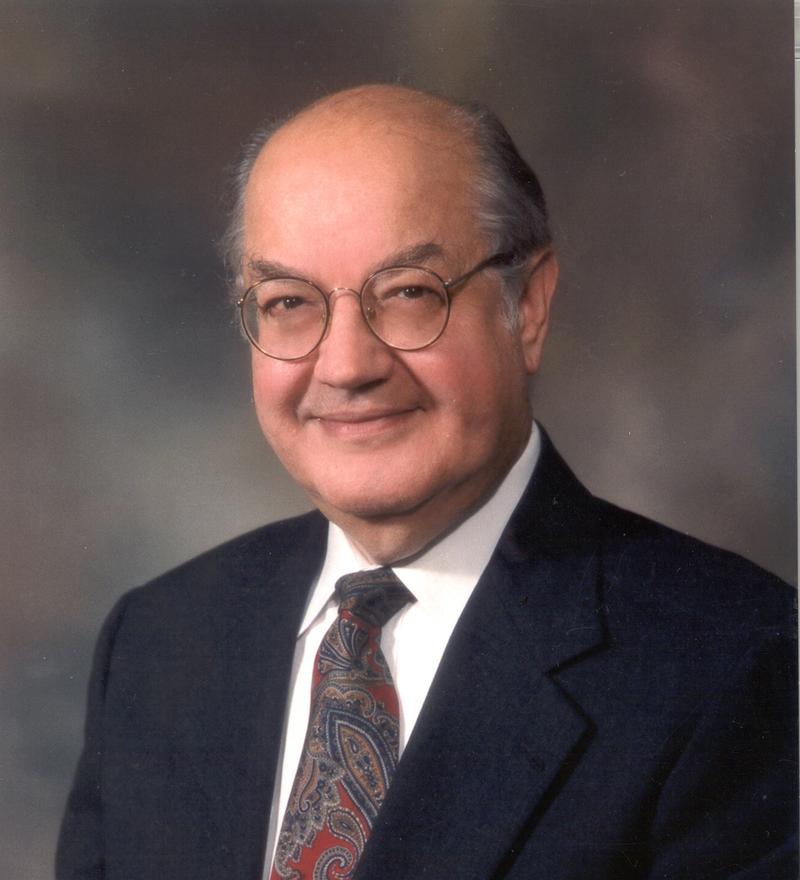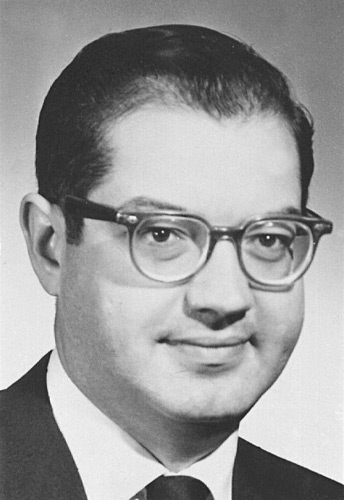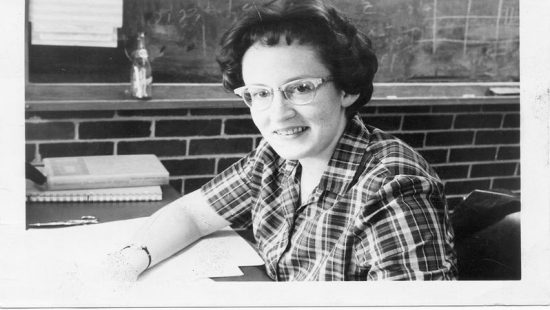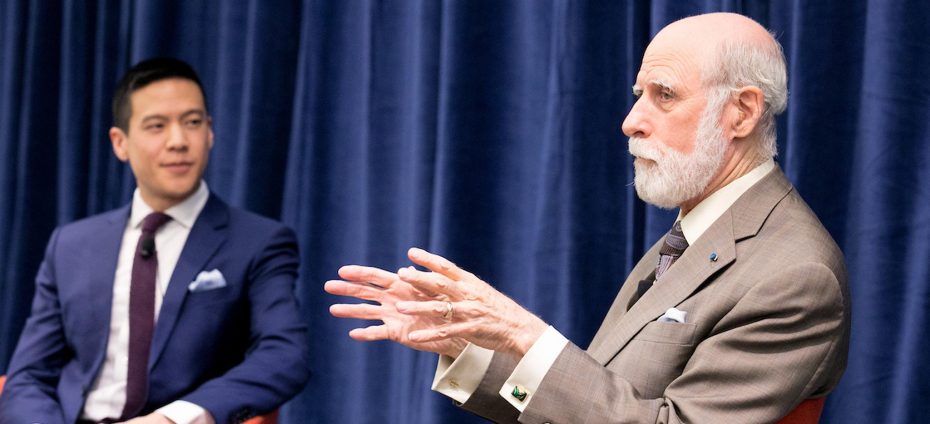In the 1960s, with the threat of nuclear annihilation looking more real than ever, Paul Baran had a plan: a communications network that would survive an attack and preserve the United States even if the worst came to past. This network, the ARPANET, would become the precursor for our modern internet.
Baran is one of three persons to be credited as the inventor of packet-switched networks, a mechanism integral to the TCIP/IP protocol and at the bedrock of all internet infrastructure.
Born in the town of Grodno in what is now present-day Belarus, Baran was the youngest of three children in a Jewish family. Shortly after his birth in 1926, the family immigrated to the United States where Baran would go on to pursue engineering degrees at Drexel University and UCLA.
Though a successful entrepreneur and highly regarded by his colleagues, Baran remained humble about his contributions. In interviews he has compared the building of the internet to that of a cathedral, a generational work, with no one man deserving its credit. “The Internet is really the work of a thousand people,” he said in a 2001 interview.
He passed away in 2011 at the age of 84.
By Casey Samulski









